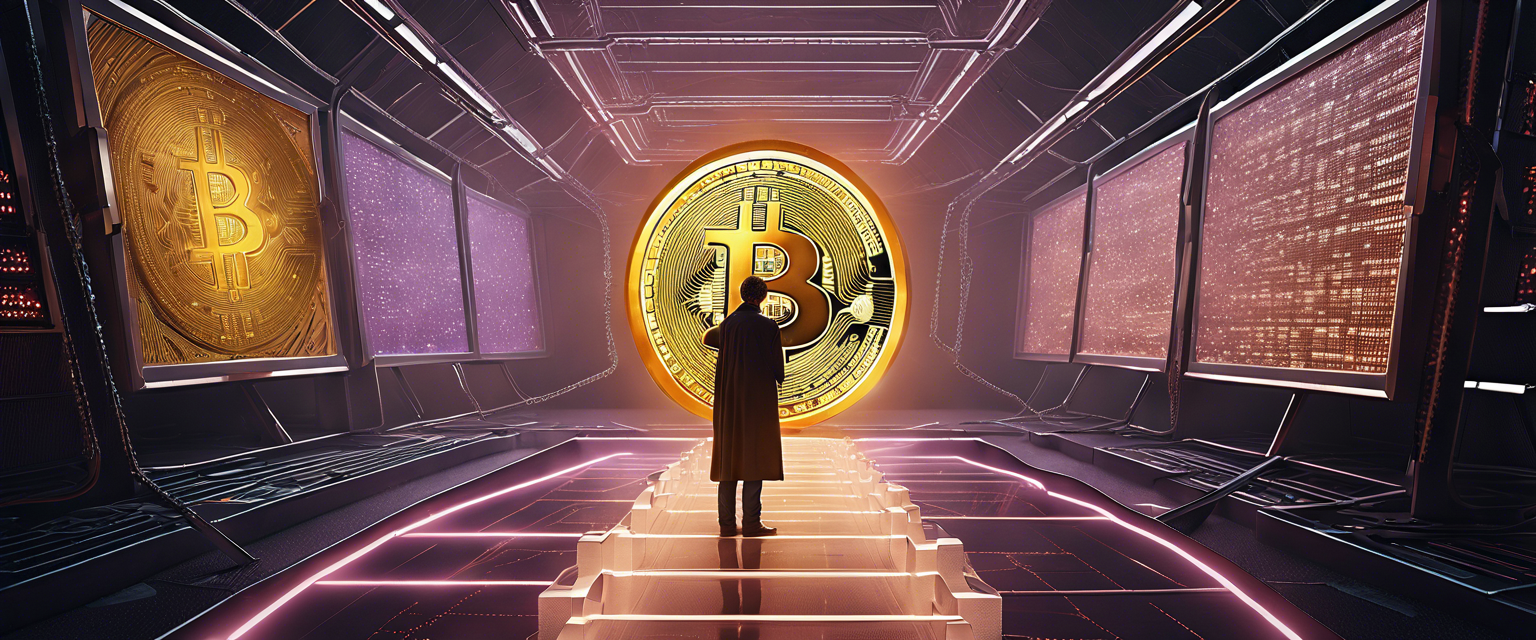The Future of AI Frameworks and Blockchain Integration
According to recent reports from PANews, there is a growing demand for AI framework projects to collaborate with blockchain technology. This trend is significant, especially in the context of the current era of AI Agents, which necessitates reliable autonomous decision-making and enhanced collaboration, both of which can be significantly improved through the integration of blockchain.
Exploring Current AI Frameworks
Presently, frameworks such as ELIZA, ARC, and Swarms are still in the conceptual phase. While their potential applications are intriguing, they cannot be fully validated or quantified without practical implementations. To gain market acceptance, these frameworks must focus on:
- Optimizing the performance of individual AI Agents
- Facilitating interactions between multiple agents
For this to happen, it is crucial for these frameworks to establish traceable logic and rules regarding API calls for AGI models.
Challenges with Data Management
One of the primary challenges facing these AI frameworks is data management. Currently, data remains off-chain, leading to difficulties in verifying inference processes while rendering execution processes opaque and results uncertain. In the pursuit of AGI applications in AI Agent decision-making, Trusted Execution Environments (TEE) emerge as a practical and cost-effective solution to accelerate developments in the short term.
The Role of Trusted Execution Environments
TEEs offer a promising approach to enhance AI Agent frameworks but are not a complete solution for long-term reliability. To truly improve the system, it is essential to achieve on-chain consensus. For example, the ELIZA framework is developing an autonomous private key management system for AI Agents that leverages Phala Network's TEE capabilities. This integration ensures that the execution code within the AI-Pool remains unchanged before being signed with private keys, marking a pivotal step in TEE applications for AI Agents.
Building a Blockchain Consensus-Based Framework
To further enhance team performance and reliability, it is possible to embed complex execution logic into Agent Contracts while involving Phala chain Validators in the verification process. Such a setup could create a blockchain consensus-driven TEE execution framework, establishing a beneficial cycle in which:
- The demand for AI Agents promotes the use of TEEs
- TEEs, in turn, enhance blockchain capabilities
Ensuring Key Security and Decentralized Verification
While TEEs offer key invisibility, the critical rules governing key invocation, risk control, and emergency response necessitate a decentralized consensus for effective real-time verification. Short-term transparency can be achieved with open-source code libraries; however, for a sustainable long-term solution, it is crucial to develop decentralized validation methods.
Conclusion: Capitalizing on the Emerging Trend
In conclusion, integrating blockchain into AI Agent frameworks is paramount for their transition to practical applications, paving the way for new opportunities in crypto infrastructure. The path ahead is clear: focusing on and supporting the earliest blockchain-integrated AI Agent frameworks and the foundational chains that support them will be key to harnessing this emerging trend. Observing this integration will not only enhance the functionality of AI frameworks but also contribute to the growth of blockchain applications across various sectors.



اترك تعليقًا
تخضع جميع التعليقات للإشراف قبل نشرها.
This site is protected by hCaptcha and the hCaptcha Privacy Policy and Terms of Service apply.